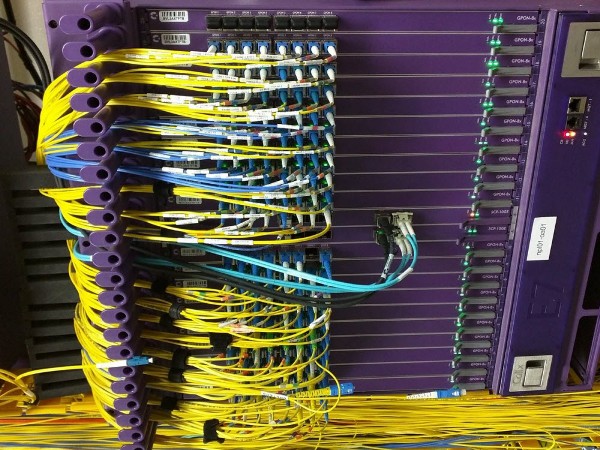
The global market for rheumatoid arthritis treatments is expected to grow at a CAGR of...
Learn More
Our consulting solutions address company specific challenges with respect to micro environment...
Learn More
Organizations frequently need day-today research guidancein order to gain strategic...
Learn More
Exploring different areas of market research and market analysis is a key factor...
Learn MoreAcute Market Reports presents the most extensive global business research services across industries. Our research studies focus on potential outcomes, benefits, and risks associated with each market segment across geographies. Having served our global clients for more than 10 years, our prime priority is to enable our clients in making well-informed business decisions through a data-driven, analytical, and uncomplicated research approach.
We provide access to the world's most comprehensive, analytical, and updated business intelligence services and solutions.




The printing transfer paper market involves the production and distribution of specialized papers designed to transfer printed designs onto various substrates using heat or pressure. These transfer papers are primarily used in the textiles, ceramics,...
Read More
GPON is a fibre optic network that connects numerous points to a single point. It is a fibre-to-the-premises network that provides many connections via splitters without electricity and a different optical fibre. Optical splitters are energy-efficien...
Read More
The Internet of medical things (IoMT) has become a transformative force in the healthcare industry, leveraging connected devices to enhance patient care, streamline processes, and improve overall efficiency. The Internet of medical things continues t...
Read More




